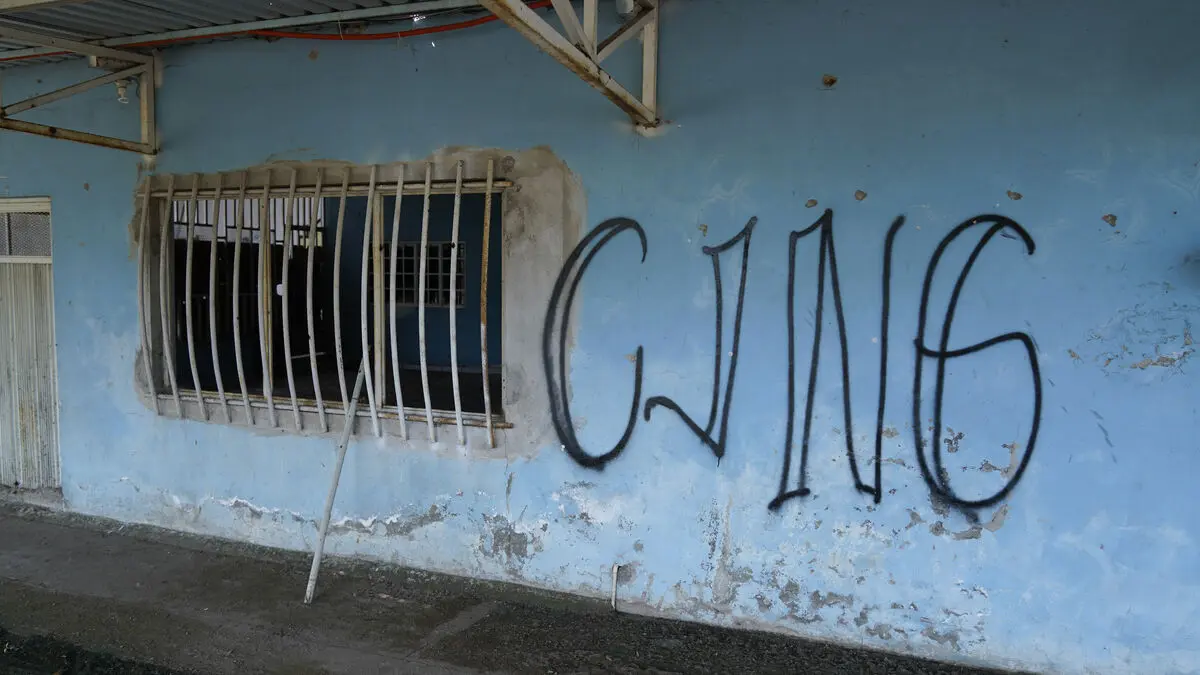This is a show of strength, says LO's chairman Johan Lindholm after LO's representative assembly has agreed on the terms that the unions will jointly and solidarily push for and be prepared to go on strike for.
But one of the 13 unions is opting out, at least for now. Seko thinks that LO is backing down on the demand for shorter working hours.
The work of demanding shorter working hours should start now.
"There is no time to wait," says Seko's chairman Gabriella Lavecchia in a written comment.
"It's a huge pressure"
But that's not how the others think.
We didn't have a finished proposal to present in the coordination, throwing something together wouldn't be good, says Malin Ragnegård, chairman of Kommunal, one of the unions that is driving the issue of shorter working hours the hardest.
Instead, the LO majority has agreed to have an investigation ready by May 15 on how to proceed with the working hours issue. The demands for shorter working hours from the different unions look very different.
It's a huge pressure on this issue, I'm glad we'll have something to present on May 15, says Johan Lindholm.
In addition to LO members getting real wage increases next year, a demand that the unions always make and a figure that will be specified in a few weeks, LO has also agreed to add another new issue to fight for together against the employers - the issue of involuntary part-time work.
"Penalize" employers
Handels is taking the lead on this issue, but Kommunal also has many members who work part-time against their will.
We're now addressing the involuntary part-time work in this coordination, says Handels' chairman Linda Palmetzhofer, pleased.
It's an important issue for the female-dominated contract areas. Three out of ten who work in retail work part-time, she continues.
The method of "penalizing" employers involves making it more expensive for them to call in part-timers with short notice.
The compensation for overtime will be adjusted upwards, says Palmetzhofer.
Does that mean that, among others, metalworkers, who hardly have any involuntary part-time work at all, will go on strike for your cause?
That's what the coordination is all about, she says.
Twelve of the 13 LO unions have backed the joint demands presented at LO's representative assembly, the highest decision-making body of the trade union umbrella organization after the congress.
Now it's up to each union's board to decide whether to join in the end. Seko, which has opted out for now, can still jump back into the coordination.
This is what the coordinated demands come down to in brief:
Higher wages for all.
The internationally competitive sector, industry, will set the wage norm and set the mark.
Low-wage initiative where the unions can choose between two different models.
Making full-time work the norm by increasing compensation for part-time employees who work more than their regular schedule.
LO will set up an investigation to prepare for negotiations on shorter working hours. Ready by May 15, 2025.






